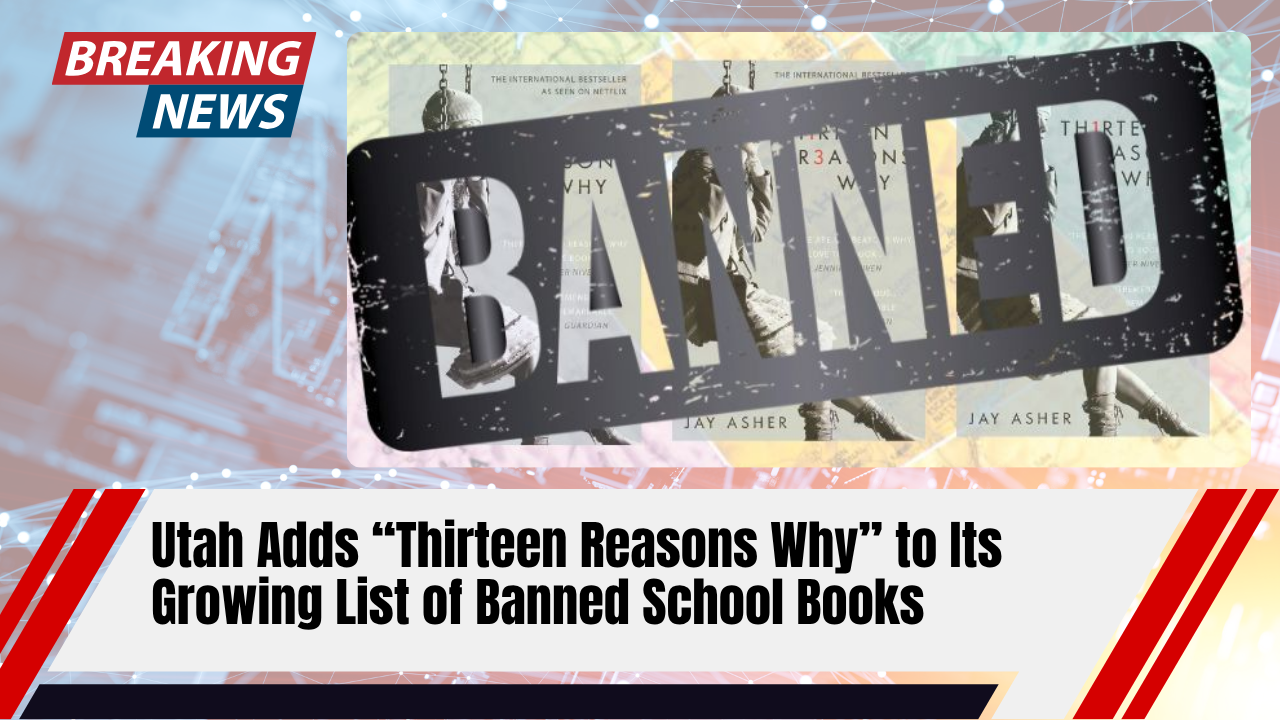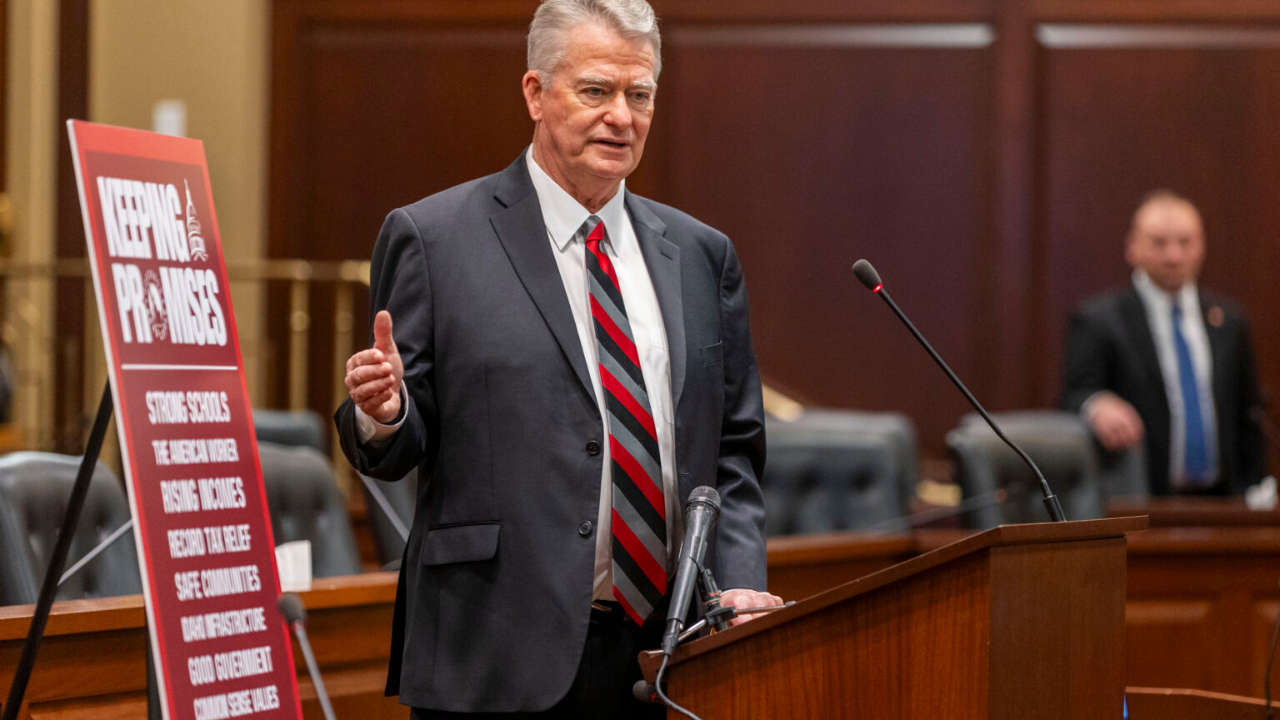SALT LAKE CITY — The controversial young adult novel Thirteen Reasons Why by Jay Asher — which inspired the hit Netflix series of the same name — has become the 19th book banned from all Utah public schools, according to state officials.
The decision marks the first new statewide book ban of the 2025–26 school year, bringing renewed debate about censorship, student access, and the boundaries of “sensitive material” in classrooms.
Why the Book Was Banned
The Utah State Board of Education confirmed the ban after the Nebo, Tooele County, and Washington County school districts voted to remove the title, triggering a state law that automatically bans a book if three districts — or two districts and five charter schools — classify it as “objective sensitive material.”
Under Utah code, that term refers to “pornographic or indecent content.” The law took effect in July 2024, after being passed by the state Legislature the previous year.
State officials did not specify which passages or themes in Thirteen Reasons Why prompted its removal.
A Story That Sparked Conversation — and Controversy
Published in 2007, Thirteen Reasons Why follows Clay Jensen, a high school student who receives a box of cassette tapes recorded by his classmate Hannah Baker, who died by suicide two weeks earlier.
As Clay listens, Hannah recounts 13 events — and 13 people — that contributed to her decision. Through his journey, the story explores bullying, sexual assault, gossip, and the emotional toll of teen isolation.
Author Jay Asher has long defended the book’s purpose, saying it encourages vital conversations about mental health. “Books can be a safe and nonthreatening way to explore difficult issues,” Asher told School Library Journal in 2014. “Far too often we avoid these topics, and stories like this help make them personal and real.”
The novel became a New York Times bestseller and was adapted into a Netflix series in 2017, starring Katherine Langford and Dylan Minnette. The show ran for four seasons and drew both praise and criticism for its raw portrayal of suicide and trauma.
National Context and Reaction
Thirteen Reasons Why has appeared frequently on banned-book lists across the United States. In the 2023–24 school year, it ranked fifth nationally among the most commonly banned titles, according to PEN America, a free-expression advocacy group.
Asher told PBS NewsHour that while some authors wear book bans as “badges of honor,” he doesn’t see it that way. “If we say issues like suicide, sex, or assault are inappropriate to discuss, we’re telling teens who live with those realities that their stories don’t belong anywhere,” he said in 2017.
The List of Banned Titles Keeps Growing
Utah’s banned-book list now includes 19 titles, among them:
- Water for Elephants — Sara Gruen
- Tilt, Fallout, Tricks — Ellen Hopkins
- A Court of Thorns and Roses series — Sarah J. Maas
- Forever — Judy Blume
- Milk and Honey — Rupi Kaur
- Oryx and Crake — Margaret Atwood
- Damsel and What Girls Are Made Of — Elana K. Arnold
Several of these works are critically acclaimed for addressing identity, sexuality, trauma, and survival — subjects Utah’s law now places under scrutiny.
A Debate That’s Far From Over
Advocates for free expression, including PEN America and the ACLU of Utah, argue that broad bans restrict students’ intellectual freedom and limit their ability to engage with challenging ideas in guided, educational settings.
Supporters of the law say it protects children from inappropriate material and gives parents more control over what their kids are exposed to.
As Utah’s book ban list continues to expand, the state’s balancing act between protecting minors and preserving free access to literature remains one of the most contentious debates in its public school system.



